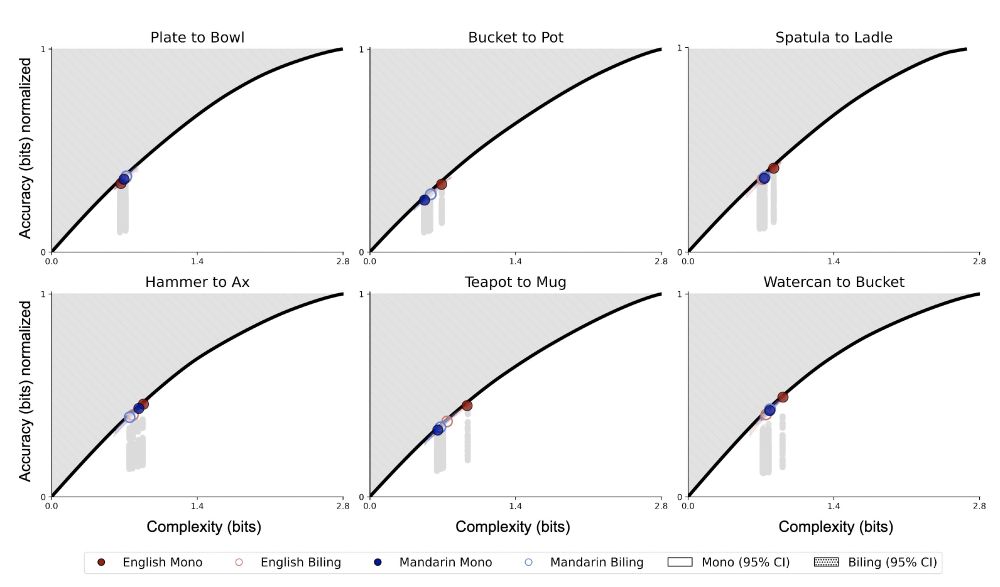
More info: https://www.nogsky.com/
➡️Postdoc applications: apply.interfolio.com/170656
➡️PhD applications: as.nyu.edu/psychology/g...
10/10
➡️Postdoc applications: apply.interfolio.com/170656
➡️PhD applications: as.nyu.edu/psychology/g...
10/10
9/n
9/n
escholarship.org/uc/item/48w0...
w/ Thomas Langlois @rplevy.bsky.social @nidhise.bsky.social
8/n

escholarship.org/uc/item/48w0...
w/ Thomas Langlois @rplevy.bsky.social @nidhise.bsky.social
8/n
We find that even in this challenging dynamical multi-modal domain, systems of semantic categories across languages are significantly efficient
7/n

We find that even in this challenging dynamical multi-modal domain, systems of semantic categories across languages are significantly efficient
7/n
6/n
6/n
escholarship.org/uc/item/4128...
w/ Maya Taliaferro, Nathaniel Imel, Esti Blanco-Elorrieta
5/n

escholarship.org/uc/item/4128...
w/ Maya Taliaferro, Nathaniel Imel, Esti Blanco-Elorrieta
5/n
4/n

4/n
escholarship.org/uc/item/63d7...
w/ Nathaniel Imel, Jennifer Culbertson, @simonkirby.bsky.social
3/n

escholarship.org/uc/item/63d7...
w/ Nathaniel Imel, Jennifer Culbertson, @simonkirby.bsky.social
3/n
By revisiting human iterated language learning data, we find that
2/n

By revisiting human iterated language learning data, we find that
2/n
Information Theory and Cognitive Science
🗓️ Wednesday, July 30
📍 Pacifica C - 8:30-10:00
🗣️ Noga Zaslavsky, Thomas A Langlois, Nathaniel Imel, Clara Meister, Eleonora Gualdoni, and Daniel Polani
🧑💻 underline.io/events/489/s...

Information Theory and Cognitive Science
🗓️ Wednesday, July 30
📍 Pacifica C - 8:30-10:00
🗣️ Noga Zaslavsky, Thomas A Langlois, Nathaniel Imel, Clara Meister, Eleonora Gualdoni, and Daniel Polani
🧑💻 underline.io/events/489/s...
Iterated language learning is shaped by a drive for optimizing lossy compression (Talks 37: Language and Computation 3, 1 August @ 16:22; blurb below) (2/)
Iterated language learning is shaped by a drive for optimizing lossy compression (Talks 37: Language and Computation 3, 1 August @ 16:22; blurb below) (2/)

